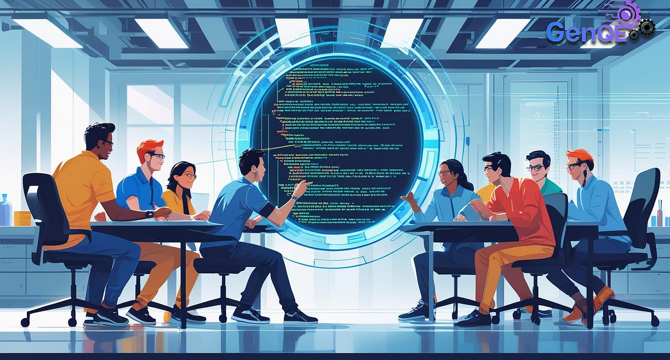Medium
4w
279

Image Credit: Medium
Testing in the Age of AI: Navigating the New Software Quality Frontier
- The article discusses the impact of AI on software testing, emphasizing the shift towards a more complex and nuanced quality assurance process.
- Testing AI-driven systems requires understanding machine learning models, data pipelines, and algorithmic decision-making processes.
- Traditional black-box testing approaches are insufficient for AI systems due to their non-deterministic behavior and evolution based on new data.
- Modern AI testing focuses on assessing patterns, behavioral modeling, fairness testing, bias detection, drift monitoring, and accuracy assessment.
- Quality assurance teams now have the responsibility of ensuring ethical and predictable behavior of AI systems, going beyond detecting software bugs.
- Data quality directly impacts model quality in machine learning systems, making data management crucial for testing processes.
- AI testing involves synthetic data generation, bias detection, data integrity testing, and outlier simulation to ensure robustness and accuracy.
- Continuous learning and collaboration are essential for adapting testing strategies to the dynamic nature of AI systems, including model version control and concept drift detection.
- AI has become a valuable ally for testing teams, enhancing capabilities with AI-generated test scenarios, smart test coverage suggestions, and anomaly detection.
- The combination of AI efficiency and human insight is key for effective testing, ensuring relevance and priority evaluation within business contexts.
Read Full Article
16 Likes
For uninterrupted reading, download the app